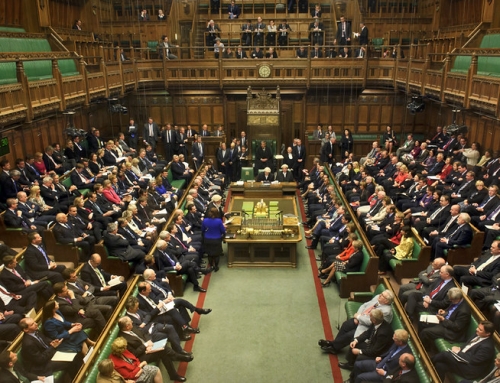Indicators of schools contribution to well being
Response from Comprehensive Future
16.1.2009
1. Comprehensive Future’s aim is to bring about a comprehensive secondary school system in England with fair admissions criteria to all publicly funded schools, guaranteeing an equal chance to all children and an end to selection by ability and aptitude. Our individual supporters include school staff and governors, parents, members of both Houses of Parliament, local councillors, academics and other public figures who share a commitment to equality of opportunity within our education system. We also have support from organisations such as unions, union branches and local political parties.
2. Many English children face selective entry tests for secondary education. A recent report for the Sutton Trust found that the majority of secondary schools lose pupils though grammar school selection. This is true even for local authorities which have no grammar schools. In addition some schools are partially selective on ability or aptitude. This indicates the extent to which selection affects young people in England.
3. The consultation document recognizes that there are factors outside the school which affect pupils’ well being. It is important to take into account the degree to which selection affects the emotional well being and motivation of young people of those taking tests also their own and their parents’ expectations of what they might achieve. It is not acceptable for the education system to indicate to children at age 11 that they may have limited ability or potential. Selective systems are based on failing the majority. Rejection at age 11 must be an important factor in well being especially affecting pupils’ attitude to school post 11.
4. The extent to which local admission policies affect well being should be included in the final document.




